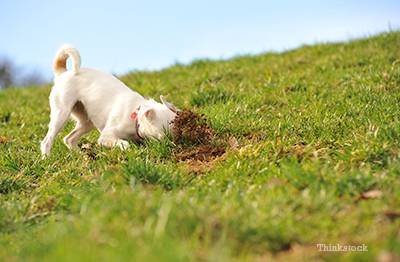Connect with a verified veterinarian in minutes. Licensed vets are available 24/7 to answer your questions. No need to worry about your furry family member.
Don’t you just love almonds? They have a distinctive flavor not found in other nuts. Almonds can be eaten alone or included in other dishes, baked goods, and candy! But can dogs eat almonds? Can almonds make a dog sick?
Has your dog eaten almonds? Are you worried the almonds will make your dog sick? If so, you’ve come to the right place. We understand it can be scary when your dog eats something like this.
We’ve put together information about almonds and whether they can make a dog sick. Let’s get started!
What are Almonds?
Almonds are thought to be nuts; however, they’re actually a type of fruit produced by the almond tree! They’re properly called seeds! However, most of us commonly call almonds nuts, and that’s OK!
These wonderful nuts are grown in the US, Spain, and Italy. They’re popular in many different recipes and cuisines, baked goods, and candy.
There are several types of almonds, including bitter almonds, sweet almonds, Marcona almonds (from Spain), and more. These nuts contain plenty of nutrients that can make them a healthy addition to your diet. They include:
- Fiber
- Protein
- Fat
- Vitamin E
- Manganese
- Magnesium
- Copper
- Vitamin B2
- Phosphorus
While almonds can be healthy for humans (in moderation), what about dogs? Can dogs eat almonds?
Almonds & Dogs
Unfortunately, almonds are not good for dogs. Most almonds can pose a choking or obstruction hazard, cause digestive upset, and make dogs retain water. There are also almonds that can be toxic to dogs, including bitter almonds and Chinese almonds.
Bitter almonds contain hydrogen cyanide and are not supposed to be sold unrefined in the US. Chinese almonds are not true nuts but are seeds from apricots. These also contain trace amounts of cyanide that can be deadly if eaten in large amounts.
In addition, some almonds can contain aflatoxin, which is caused by the mold Aspergillus. This is a toxin that dogs are very sensitive to.
What’s more, almonds eaten in large amounts can have enough fat to cause pancreatitis in dogs.

Review symptoms, medications & behavior to keep your pets healthy with a Vet Online in just minutes.
Ask a Vet Live NowSymptoms of Almond Toxicity in Dogs
You may notice these symptoms if your dog has eaten almonds:
- Dehydration
- Diarrhea
- Greasy stools
- Vomiting
- Jaundice
- Lethargy
- Liver failure
- Lack of appetite
- Vomiting
- Depression
- Difficulty breathing
- Fever
- Heart arrhythmias
- And more
If you notice any of these symptoms in your dog, call the vet immediately. This is an emergency.
Treatment of Almond Toxicity in Dogs
Treatment of almond ingestion in dogs depends on how many almonds your dog has eaten and the severity of his symptoms. The vet may give your dog an IV for fluids and administer medications. And they will treat symptoms as they appear.
The good news is that dogs who receive prompt medical care will make a full recovery. It’s essential to keep almonds out of your dog’s reach.
Connect with a verified veterinarian in minutes. Licensed vets are available 24/7 to answer your questions. No need to worry about your furry family member.

Julie
Julie is a graduate of the University of North Carolina, Wilmington, where she studied Animal science. Though contrary to the opinion of her parents she was meant to study pharmacy, but she was in love with animals especially cats. Julie currently works in an animal research institute (NGO) in California and loves spending quality time with her little cat. She has the passion for making research about animals, how they survive, their way of life among others and publishes it. Julie is also happily married with two kids.
Review symptoms, medications & behavior to keep your pets healthy with a Vet Online in just minutes.
Ask a Vet Live Now





